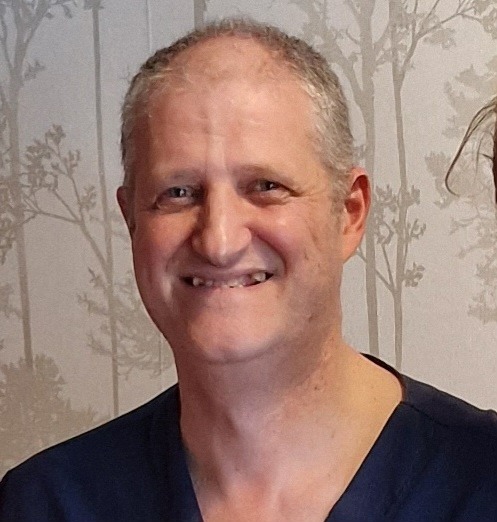Acupuncture
Acupuncture is a form of alternative medicine that originated in China thousands of years ago. It involves the insertion of thin needles into specific points on the body, which are believed to correspond with various organs and systems. The needles are used by the acupuncturist to stimulate blood flow, release tension, and promote healing by rebalancing your body's energy, or qi, and prompting your body to release natural chemicals to fight the illness or symptom.
What we treat
Acupuncture is recommended by the NICE guidelines to relieve chronic pain, including migraine, IBS and musculo-skeletal pain, and is recommended by the World Health Organisation for a wide range of conditions.
What conditions benefit from Acupuncture treatment:
– Headaches
– Migraine headache
– Chronic low back pain
– Neck pain or chronic neck pain
– Temporomandibular (TMD/TMJ) pain
– Osteoarthritis knee pain
– Can help with generally relaxation and wellbeing
– Help relieve stress
Frequently asked questions (FAQ)
Acupuncture points are points on your body called meridians, that map the whole body, including your head, trunk and limbs.
You may feel a mild tingle or dull ache as the acupuncturist adjusts the needle. This sensation is known as deqi. If you do feel any discomfort please let your acupuncturist know so that they can adjust or remove that particular needle. Acupuncture needles are very fine, thin needles so many people don’t feel them being inserted. While the needles are in place, many people feel relaxed.
It’s generally safe to have acupuncture when you’re pregnant. But you do need to let your acupuncture practitioner know if you’re pregnant. As there are certain acupuncture points that cannot be used safely during pregnancy.
It is generally considered safe to have acupuncture when you are on blood thinners – although you may bruise slightly more. It is important that you let your acupuncturist know what medication you are taking.


